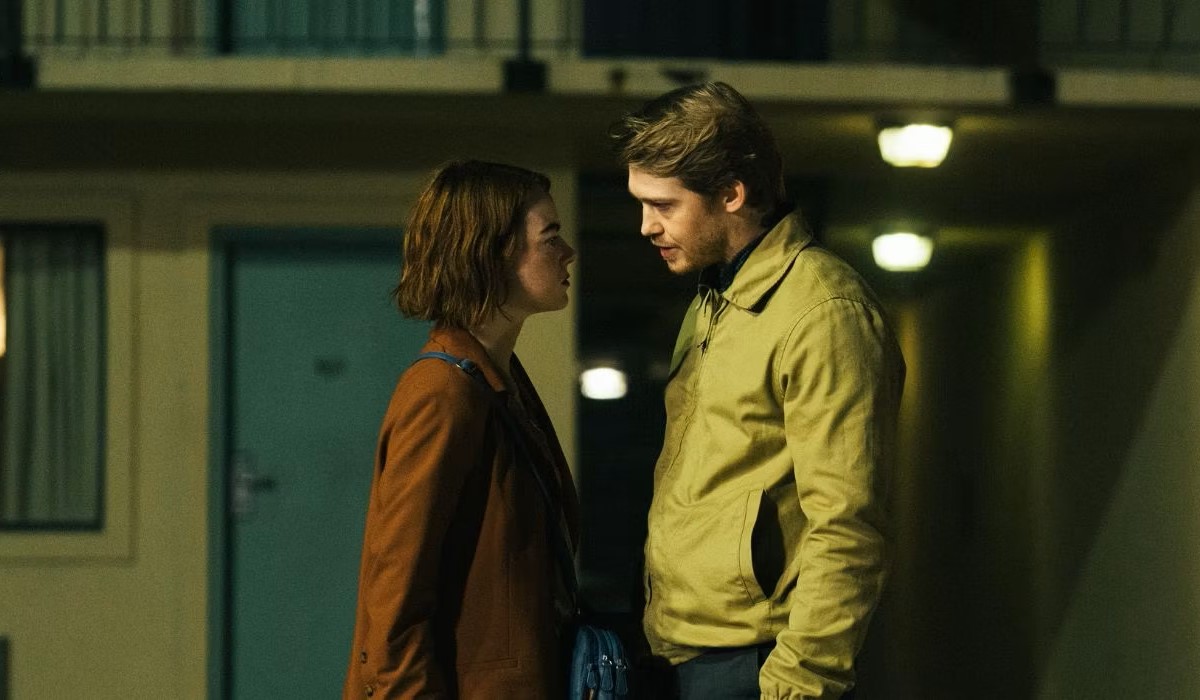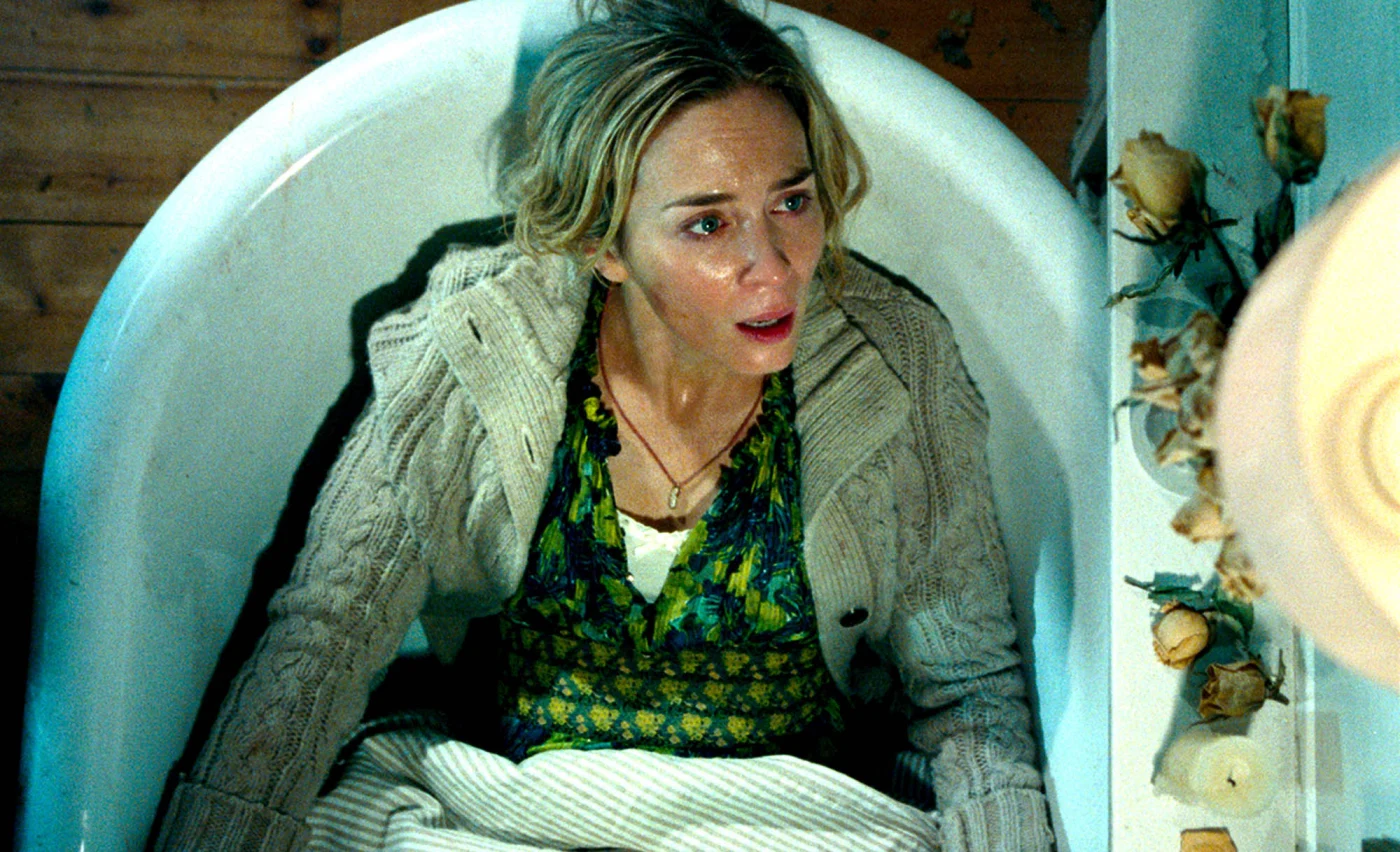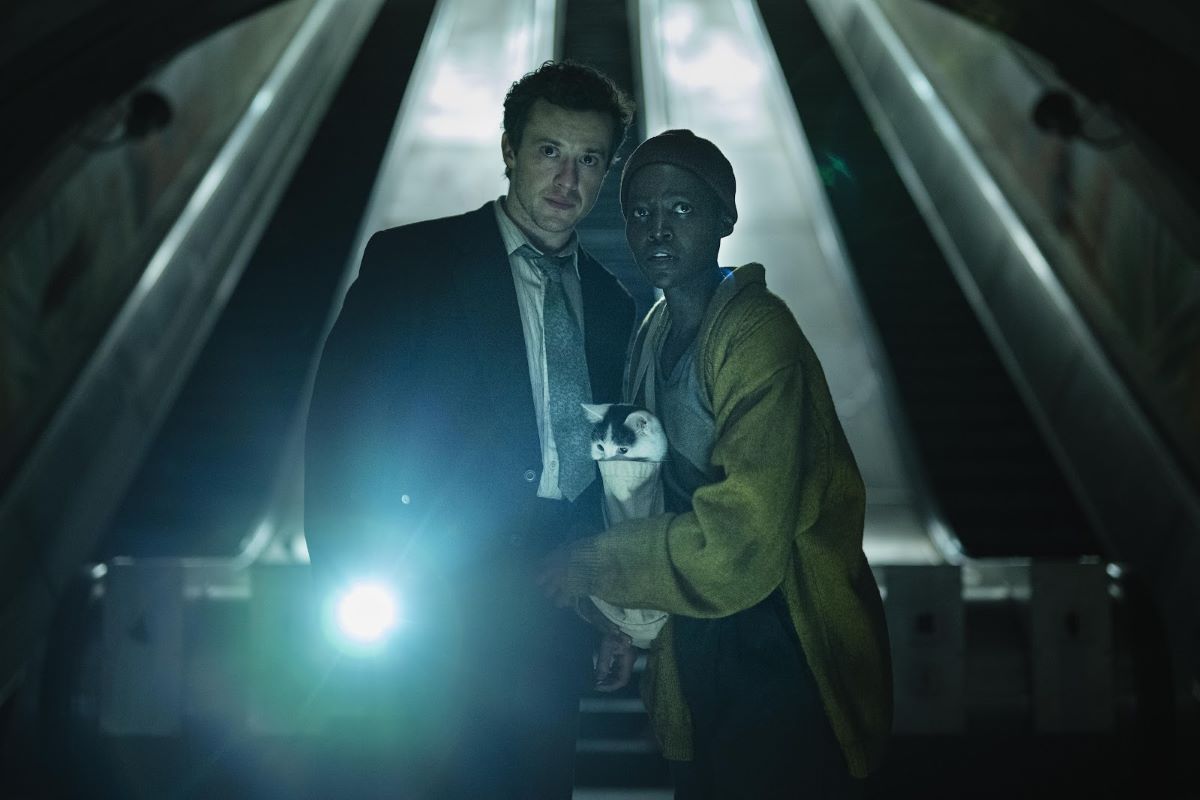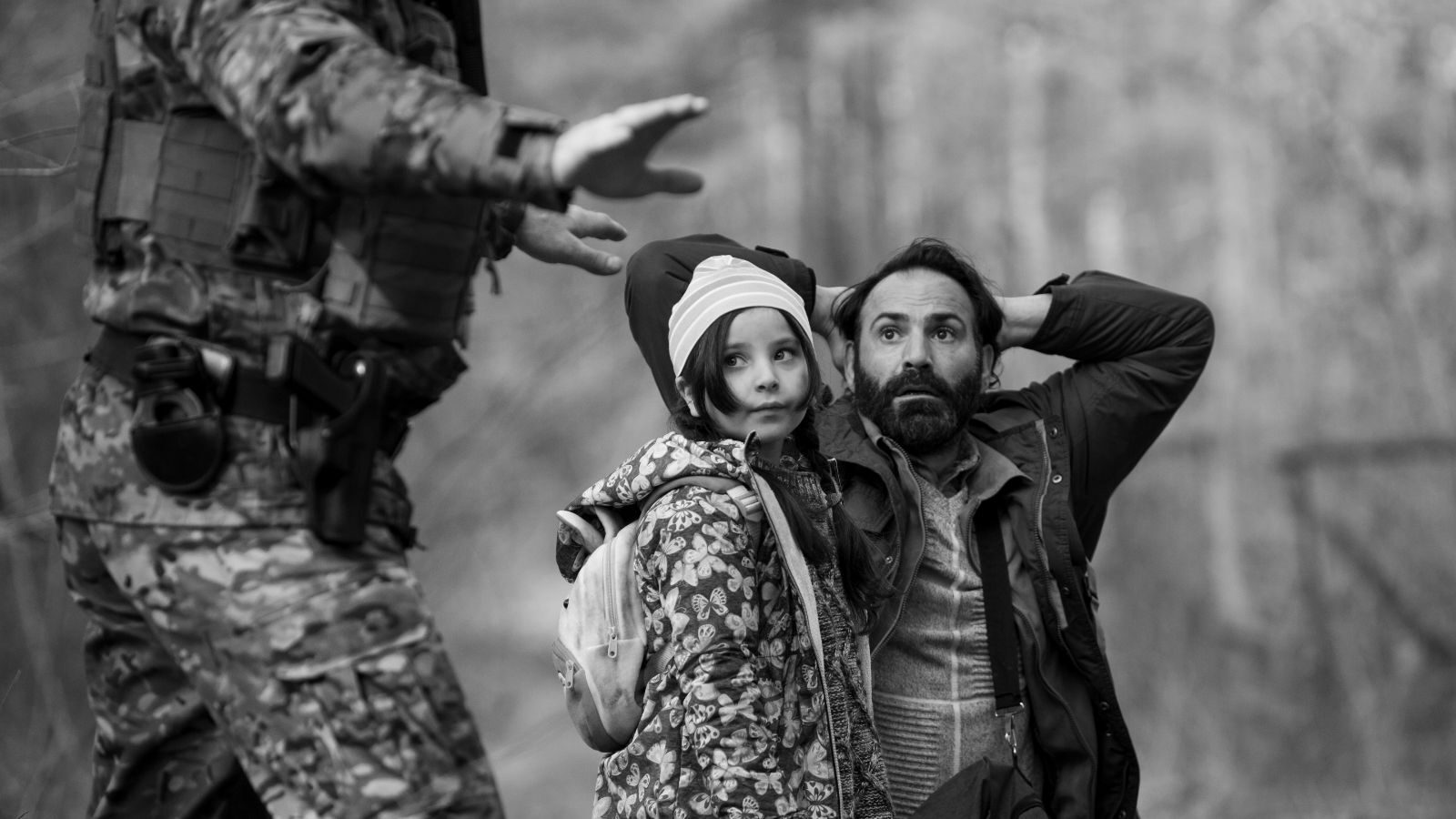Kinds of Kindness
Directed by Yorgos Lanthimos
A man tries to break free from his predetermined fate, a police officer interrogates a wife after her return from her “drowning,” and a woman searches for an extraordinary individual, rumored to be the next spiritual leader.
Kinds of Kindness marks Yorgos Lanthimos‘s first film as a true superstar, following his Golden Lion win at Venice and a notable Oscar night with Poor Things. However, unlike The Favourite and the adventures of Bella Baxter, Kinds of Kindness, shot during the post-production of Poor Things, returns to the cold, calculated style that defined Lanthimos’s early career a decade ago.
This step back in style isn’t entirely unexpected; Lanthimos’s aesthetic consistently aligns with the script’s tone. His career outside Greece can be divided into two distinct cinematic approaches. On one side, The Lobster and The Killing of a Sacred Deer, both written with longtime collaborator Efthymis Filippou, represent an expansion of his initial style. On the other, The Favourite and Poor Things, scripted by Tony McNamara, depart from this by presenting characters and their surroundings differently. These two pairs of films present almost mirror images: one depicting lifeless bodies trapped in sadistic systems, observed coldly by the omnipotent author, and the other showcasing lively characters fighting against these systems for new spaces and perspectives.
Kinds of Kindness falls between these two streams: Filippou’s screenplay brings Lanthimos back to his privileged position of a sadistic, cynical observer, emotionally detached from the self-destructive spirals his characters descend into. Meanwhile, Emma Stone’s presence injects the vitality characteristic of the latter phase of his work. Aesthetically, the film lacks the elements Lanthimos used to distort his world in recent films; nonetheless, the characters in Kinds of Kindness dance across the screen, striving for their version of happiness.
The film unfolds in three episodes (plus an epilogue), each exploring work, love, and faith—common themes in Lanthimos’s work, like power, submission, and manipulation. The same ensemble cast (Emma Stone, Willem Dafoe, Jesse Plemons, and Margaret Qualley) play different roles, charting the paths of characters trying to find their place within a sick, perverse system. The narrative structure of each episode is similar, and overall, it adds little to what Lanthimos and Filippou have previously explored.
The project’s core perhaps lies in the multiplication of perspectives to depict death, endings, and power. Lanthimos’s provocative style effectively captures the grotesque dynamics of workplace dominance and toxic relationships but feels gratuitous and less precise when addressing faith.
At the end of the last episode’s credits, Lanthimos imposes himself directly and explicitly, in a near-divine intervention that disrupts the narrative once more. By sadistically toying with his characters, the director asserts his role as the deus ex machina, reminding the audience that they are merely pawns subject to his will. It is up to the viewers to decide whether to believe in this god or not.
Francesco Ruzzier
Cineforum, June 5, 2024





